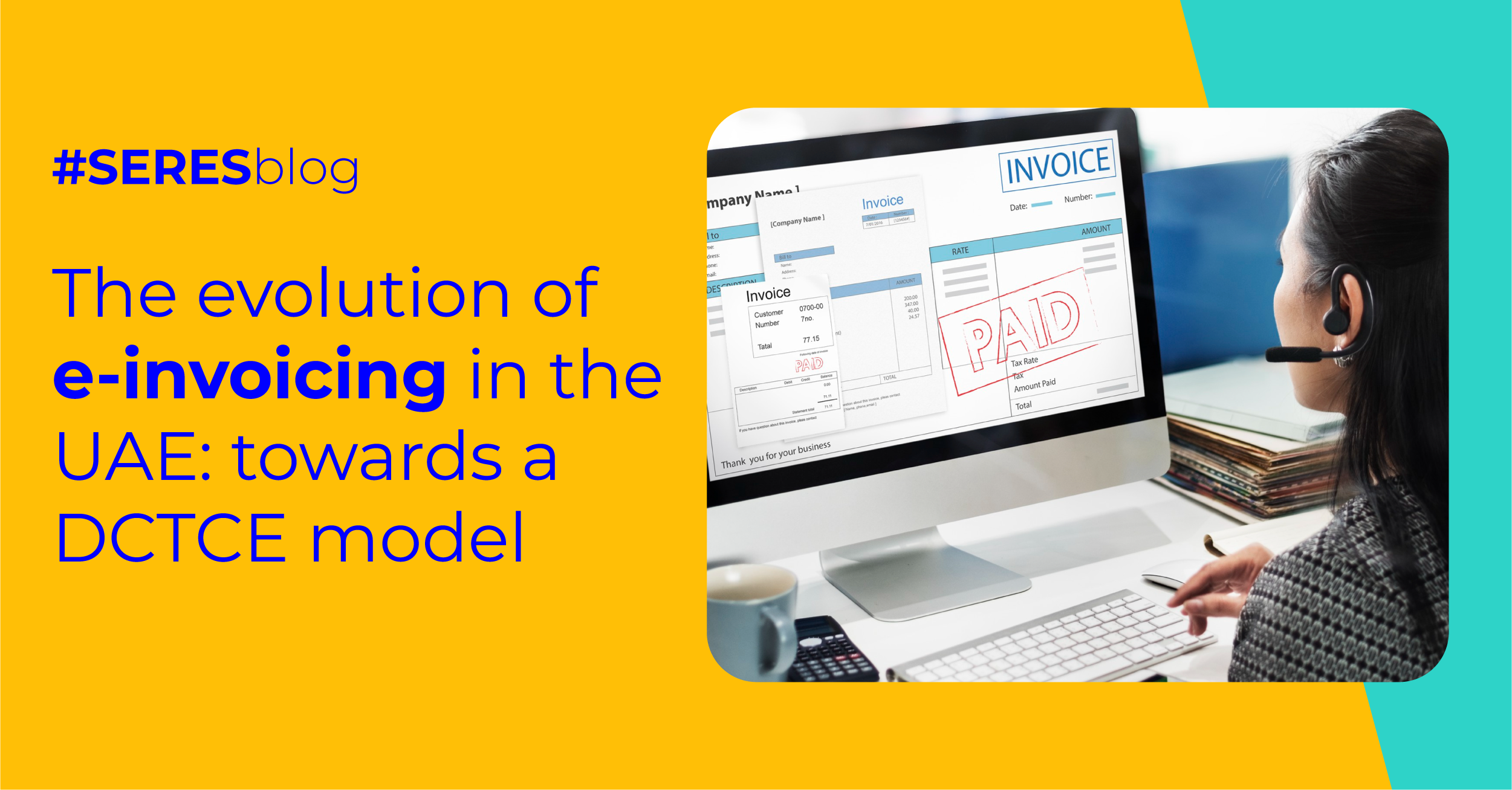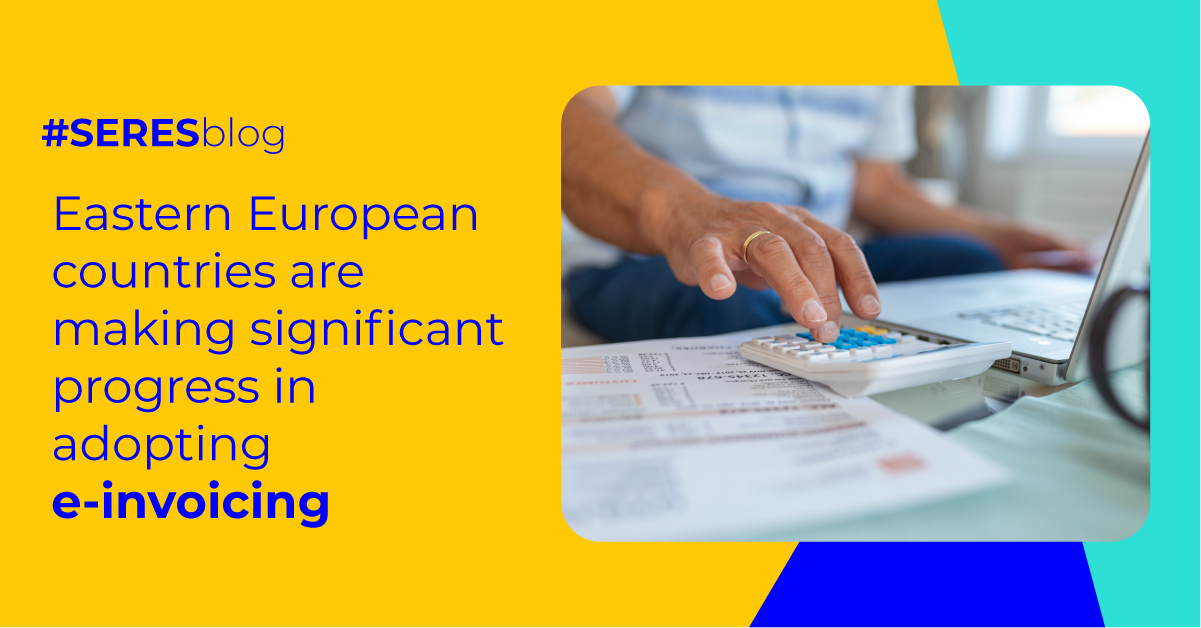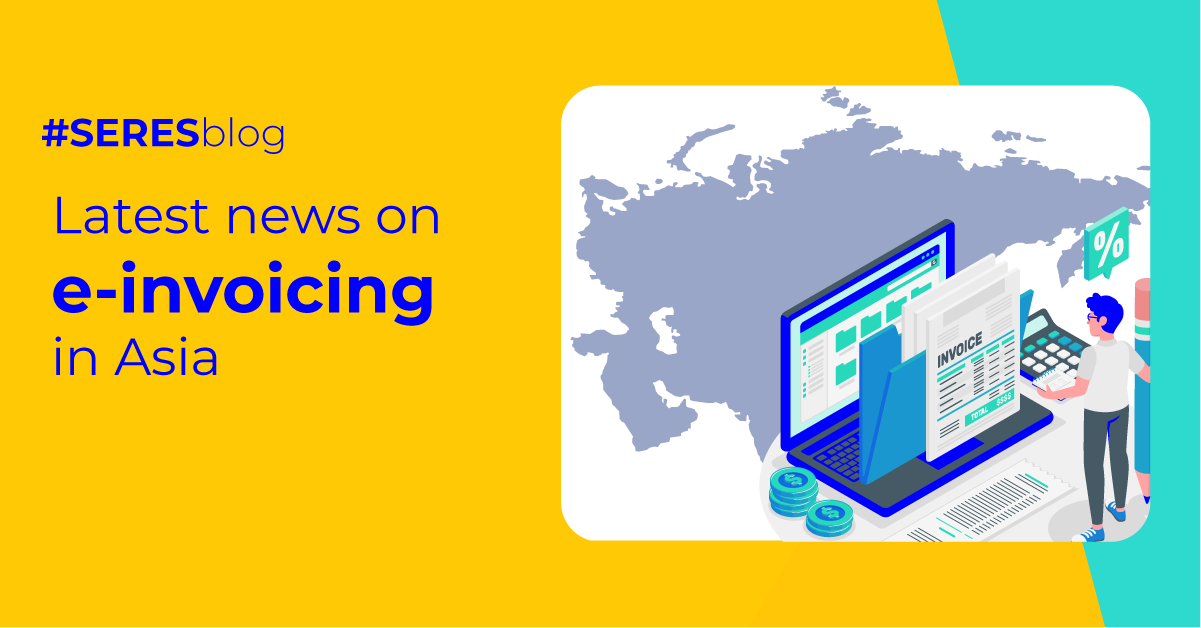Morocco makes progress on mandatory e-invoicing
Right now, e-invoicing in Morocco is entirely voluntary, and it is being fully implemented. The Moroccan Directorate General of Taxes has developed an e-invoicing plan, and the first details are already being released.
Morocco's e-invoicing will use standard formats like UBL and CII language, which are accepted and used around the world. This makes it easy for different systems to work together. In October 2024, they started testing e-invoicing and asked for public opinions.
In October 2025, the pilot phase will begin, in which companies will test the system and provide feedback. In early 2026, more companies will start using the e-invoicing system, and it will become mandatory for all companies that meet the established criteria.
The tax authority is considering two ways to introduce electronic invoicing in Morocco.
- In the first option, companies could share electronic invoices directly with the tax authority, which would check them when they are created.This system could be based on a four-point e-invoicing model, similar to the one used in Belgium.
- In the second option, the tax authority would need to approve each invoice before it could be sent to the customer. This second model, which is similar to the five-corner structure that France wants to adopt, provides real-time control and ensures full compliance.
E-invoicing developments in Morocco
In Africa, e-invoicing is not used much, unlike in other continents like Europe or America. Most African countries have laws that allow it, but governments are not yet committed to using it.Morocco is one of the countries that is trying to modernize its tax system by making electronic invoicing mandatory.
This is supported by Article 145-9 of the 2018 Finance Law, which was published to increase transparency, improve efficiency, and combat tax evasion in the country.
On June 1, 2020, Circular No.59/20 / DPEP was issued to implement the electronic deposit of invoices from suppliers of public establishments and enterprises on the AJAL platform.
- Invoices relating to orders over 5 million MAD: as of June 9, 2021.
- Invoices relating to orders over 1 million MAD: as of January 1, 2022.
- Invoices relating to orders over 0.2 MAD: as of June 1, 2022.
Although full implementation is scheduled for early 2026, it is vital that businesses start preparing now to ensure a smooth transition.
It is recommended to evaluate current invoicing processes, identify areas that require digitisation and train the team in the use of electronic tools.
In summary, the introduction of e-invoicing in Morocco represents a significant step towards digitising and modernising the tax system, with benefits for the tax administration and the business sector as a whole.



